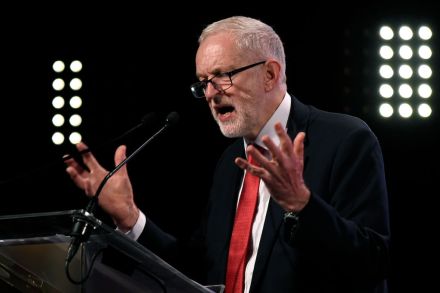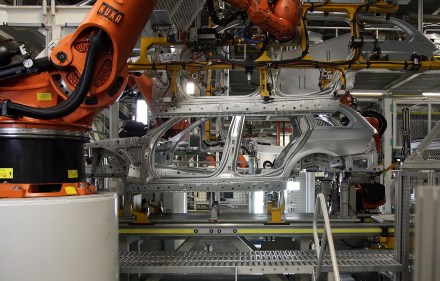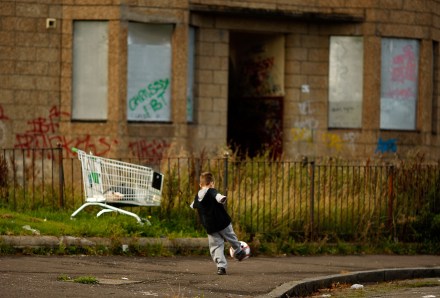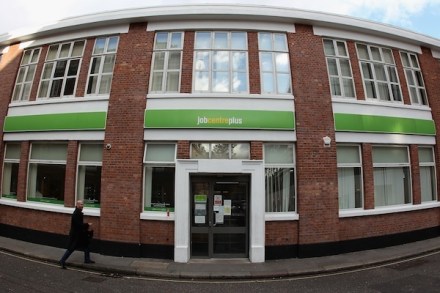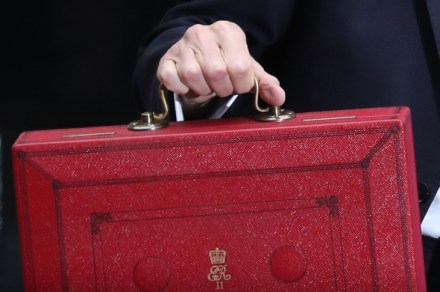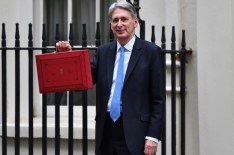Rupert Murdoch is selling Sky at the top of the market
There are plenty of questions to be asked about the decision by Rupert Murdoch to sell 21st-Century Fox, including Sky in this country, to Disney. On what, for example, will Momentum blame the loss of the 2022 election if not the malign influence of the Australian tycoon? Is the old rattlesnake finally bowing out of the game, or is he already plotting a comeback? And how will the dynastic power struggle within the Murdoch family play out? But the most interesting one is this. Has the master media deal-maker pulled off another coup, or will he come to regret selling what has long seemed the jewel in his corporate crown?




